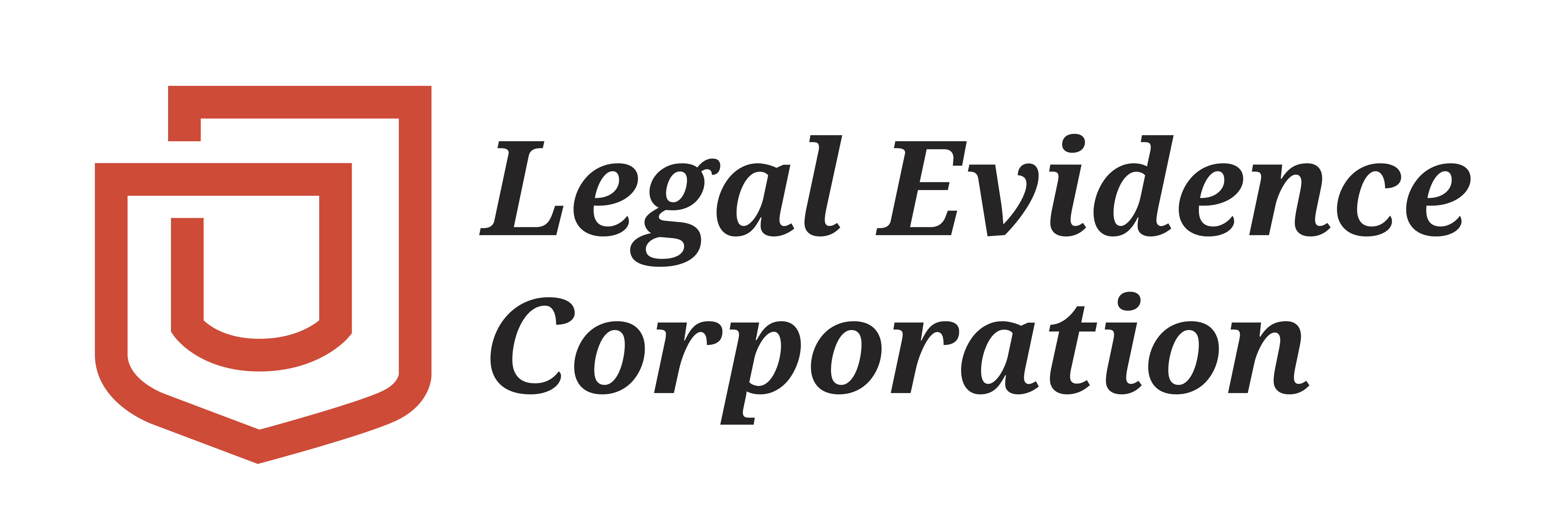To offer examples, consider that computer forensics experts can determine if an employee connected a device such as a USB storage device or if a CD was created which contained confidential data. An expert can even identify the make, model and serial number of the removable storage device, when it was first connected and the last time it was used, which data was deleted or stolen, and often times can even recover the information itself. All relevant information is taken into consideration such as the most recent document printed, website loaded, or program downloaded by the ex-employee may leave a trail and lead to more information about the theft itself. Or perhaps the forensic examiner will review the recently viewed websites by an employee to shed more light on forensic the examination.
Legal Evidence Corporation in role of forensic examiner
Legal Evidence Corporation will approach an employee data theft matter by conducting a forensic investigation to gather all information which may be relevant towards uncovering the underlying circumstances surrounding the data theft. Depending on the nature of the matter, a mobile forensics investigation may be undertaken in which the examiner will review a smartphone (such as an iPhone, Blackberry or Android phone) for information which can provide significant insight into what an employee was doing in the months and days leading up to the data theft. Whether examining active or inactive files, voicemails, emails sent or received, text messages, contacts, call logs and pictures, can all prove beneficial to a forensic examiner.
Furthermore, DFC incorporates GPS technology into an examination to better pinpoint the whereabouts of an ex-employee’s location at a particular date and time. Since this may implicate privacy concerns, we encourage our Clients to seek the advice and counsel of an experienced attorney before proceeding with all aspects of the examination.





